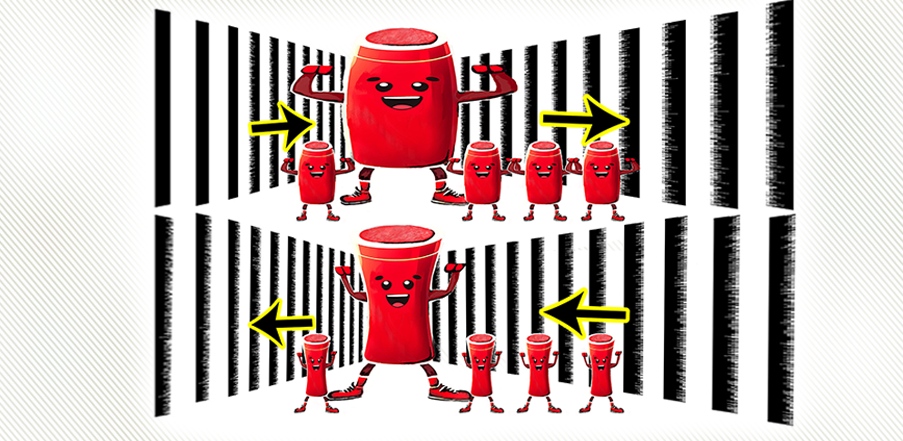Employers found to be deliberately or recklessly engaging in wage theft could find themselves in jail, after the Palaszczuk Government accepted in principle making wage theft a criminal offence following a Parliamentary Inquiry.
The Palaszczuk Government has tabled its response to the parliament’s Education, Employment and Small Business committee inquiry into wage theft in Queensland. (Friday 15 Feb)
Industrial Relations Minister Grace Grace said her government was doing everything it could do at a state level and again urged Scott Morrison and the Federal Government to take action to address wage theft on a national level.
“Protecting workers is in the Palaszczuk Government’s DNA and that’s why we asked the committee to conduct this inquiry to fill the vacuum left by a federal Government asleep at the wheel,” Ms Grace said.
“In its report, the committee made 17 recommendations aimed at eliminating wage theft and ensuring workers get a fair day’s pay for a fair day’s work, and the government has accepted, or accepted in principle, all of the recommendations.
“Six of the recommendations are within the Queensland Government’s jurisdiction and deal with providing better public information and education, ensuring our procurement policies allow for action to the taken against employers that have underpaid workers and taking action to ensure that wage recovery processes for Queensland workers are simple, quick and low-cost.
“The Committee also recommended that wage theft in deliberate or reckless cases be criminalised at a state level, a move supported by many stakeholders from both employers and unions who appeared before the Inquiry.
“The Palaszczuk Government will consult with stakeholders to determine the best way to make good on this recommendation. Just as we did with Labour Hire Licensing, we will consider what we can do at the state level, but these are predominantly matters in the federal jurisdiction.
“Eleven of the 17 recommendations made in the report are matters for the Federal Government to consider. It’s time for Scott Morrison to show some leadership and take action.”
In recent years there have been a number of high-profile cases of wage theft, such as 7-Eleven, but the committee heard evidence that wage theft was taking place across a wide cross-section of the Queensland economy, including the security, hospitality, transport, construction and childcare industries.
Of particular concern were findings by the Fair Work Ombudsman that 49 percent of hospitality employers state-wide, and 60 percent in Fortitude Valley, were not paying the correct wages.
Ms Grace said wage theft took many forms, including the underpayment of wages, unpaid super, unpaid penalty rates, unauthorised deductions from pays, unpaid work trials, the misuse of ABNs and sham contracting.
“Compounding the problem is that the federal regulator does not have the resources to do the job properly and workers often feel powerless to reclaim their lost entitlements,” she said.
“The inquiry found that wage theft is affecting around 437,000, or one-in-five, Queensland workers and costing more than $1 billion every year. That’s $1 billion that’s missing from family budgets and that doesn’t flow to local businesses and the wider economy.
“The inquiry also found the annual loss associated with the underpayment or non-payment of superannuation was estimated at $1.12 billion.
The committee received 49 submissions from employer organisations, unions, law firms, and community organisations. Submissions were frequently of very high quality, and outlined a number of practical options for reform at both the state and Commonwealth levels
The committee heard evidence from 100 individuals at 24 hearings in Brisbane and regional Queensland. 360 workers also responded to an online survey asking for accounts of recent and historical wage theft from the public.








